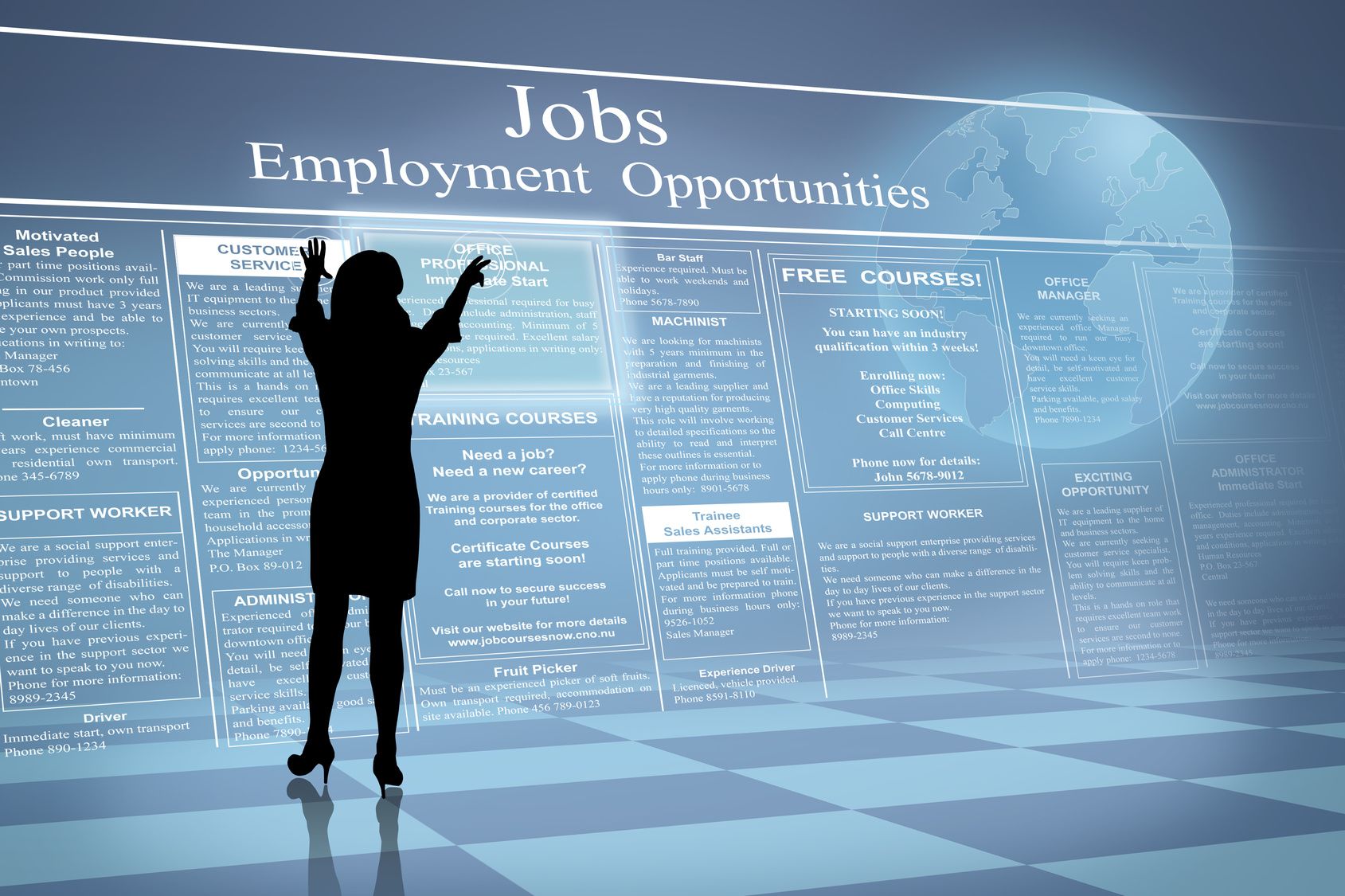There is a business crisis looming on the horizon. Like a big thunderhead, it has the potential to bring damaging winds of change and torrential rain that can wash out the well-established pathways used by businesses to get products and services produced and sold. It is close enough that some see it or feel its effects already looming. Some are trying to manage it, but the force of it, the sheer size of it, is more than can be managed without a solid strategic plan. Most underestimate it or worse, don’t see it coming at all.

The Perfect Storm
This crisis is an employment crisis fueled by a talent shortage, shifting values in our society and a shrinking workforce. Like the Perfect Storm, three forces are coming together that threaten to cripple American business.
The Baby Boomers are leaving the workforce taking 40 years of achievement driven, worker stability that employers count on with them.
The Millennial’s will make up the largest generation of workers, already over 50% of the workforce and they have very different ideas about work and its priority in their lives.
The concept of the full time, 9-5, steady job is eroding and the surety of depending on it to execute our business plans is going with it. There are numerous alternatives to earn a living today being fueled by technology, values and priorities.
The days of the employer having the hiring advantage because working for someone else on their terms was the only game in town are coming to an end. We already see critical skills and hiring shortages in industries like technology and healthcare and it is only the beginning.
Houston, We Have a Leadership Problem
American business is broken. Gallop studies show year after year that American workers are only 30% engaged in the work you give them to do and that number is consistent year after year regardless of age, education or gender. Employees are not engaged, not motivated, not interested in their work. People are leaving corporate America. The are forging new paths of work, doing with less, creating movements around tiny houses and off the grid living and changing their priorities to lead more fulfilling lives than the rigid 9-5, or worse, 9-9 job can provide. Fighting the battle for talent is far more than providing snacks and drinks or a ping pong table in the breakroom. It’s about realizing that people are the most important asset you have in your business. Working to understand, enhance and preserve that asset is a critical leadership imperative.
Business leadership must have the courage to take a hard look at the way we think about, treat and manage people. In the big people shift that occurred because of the Industrial Revolution, people came to work for businesses, and the concept of the job was created. This shift will be as large and as disruptive, only this time people will be leaving businesses for a better work experience. Employees have more choices today. The “You Economy” has created a place where people can dip their toes in the entrepreneurial waters and earn some or all of their income in ways that live somewhere between the traditional job and the risk of starting a business without a safety net.
You are no longer just competing for talent with the companies that do what you do.
The "You Economy"
The game has changed. Technology and innovative thinking has made it possible to try entrepreneurship on for size with very little risk. Now it is easier and easier to keep your full-time job and dabble in something on the side. It is estimated that by the year 2020, 50% of Americans will earn part of their living in the “You Economy”. Uber, Air BNB, Zip Car, Task Rabbit, Thumbtack, Updesk and Fivrr are all places people can go to flex their entrepreneurial muscles while keeping their job. People can try something new over and over with little or no risk until they find their niche. If they find success, they can expand what they offer. As this phenomenon grows they may not need the company job you need to fill anymore. At the very least, they can take control of their work and earning power and carve out the quality of life they want, get more time and money freedom, more flexibility and possibly more income. All the things they traded in 100 years ago for a job.
The “You Economy” is catching on. A Success Magazine survey showed that 4 out of 10 adults in the United States have used at least one “You Economy” based product or service. It’s a growing phenomenon - and you, your organization, the company job, the 9-5 inflexible go-to-the-workplace experience have to compete with this and whatever other new innovations come along. You are no longer just competing for talent with the companies that do what you do. You have a much larger, more fluid, almost unknown competitor. And it is changing and growing in power every day.
Who Will Be the Winners and Losers
This shift is going to impact every business owner, every senior manager and our entire economy. Every business that is service based is powered by people and is in jeopardy of losing their best employees. We need to realize and embrace the fact that people power profit. How you think about your employees and what you do to attract, motivate and retain talent will directly impact your success.
In every big shift there are winners and losers. The losers will be those who do nothing to prepare for this change, are too inflexible, or too fearful to make meaningful decisions to do things differently around employment and management or are too slow to turn their ships around. They will continue to find it harder and more expensive to attract and retain the quality people they need in their organizations. The cost of the problem will continue to grow impacting their bottom line and hampering their ability to grow their profits year after year.

The issue for employees is quality of work life, meaningful work with purpose, appreciation, respect and life balance.
How to Level the Hiring Playing Field
But there will be winners. The big winners will be the small business owners who are nimble, creative and will find it easier to be flexible and make changes to the way they think about employment, management and employees. They make their business rules. They call the shots. They can turn their ship faster than the large company with thousands of employees. The issue for employees is quality of work life, meaningful work with purpose, appreciation, respect and life balance. Smaller companies with smaller payroll budgets have had difficulty competing for talent. That is about to change. Smaller businesses now have a chance to level the hiring playing field with innovative thinking in these areas because this problem will not be solved by simply paying higher salaries.
The second group of big winners will be women who have traditionally been passed over for opportunities and the chance to earn more money. The shortage of talent will allow women to step up and be seen as a fresh pool of talent, providing they prepare to step into new roles by understanding and learning the skills needed to be successful, having a willingness to risk and prepare by gaining the experience that will provide the proof that they can fill the roles. Gaining the experience will take some extra time and effort, perhaps going back to school or working uncompensated as a volunteer, moonlighter, intern, looking for any place where they are given a chance to do the work that will give them experience and provide the proof. The key for women is to recognize that they need to start now to capitalize on the opportunities that will be available in the not too distant future. If they take the time to develop a vision for the future, understand what will be needed and prepare now, they will have real chances to close the wage gap and smash the glass ceiling that has stood in their way.
Copyright © 2017 Nancy O'Keefe - Used with permission

Nancy O'Keefe
Nancy O'Keefe is a Strategic Advisor, Executive Coach, Speaker, Author and Trainer. She works with business owners and senior executives to create profitable and productive work places that attract, motivate and retain great people. She works with career professionals to help them be the great people, great companies need.
Nancy has held senior positions in organizations and has owned several successful businesses as an entrepreneur including founding and running one of the first true virtual organizations with 50 virtual employees in 4 states. She holds an MBA from Babson College with a concentration in Entrepreneurship and an MS from Anna Maria College in Quality Systems Management. Nancy is a certified Executive Coach and a Certified Career Transition Coach. She is a thought leader and author of a new book coming out on Amazon called Fighting the Talent Battle: How to Update Your Arsenal and Win the War.










